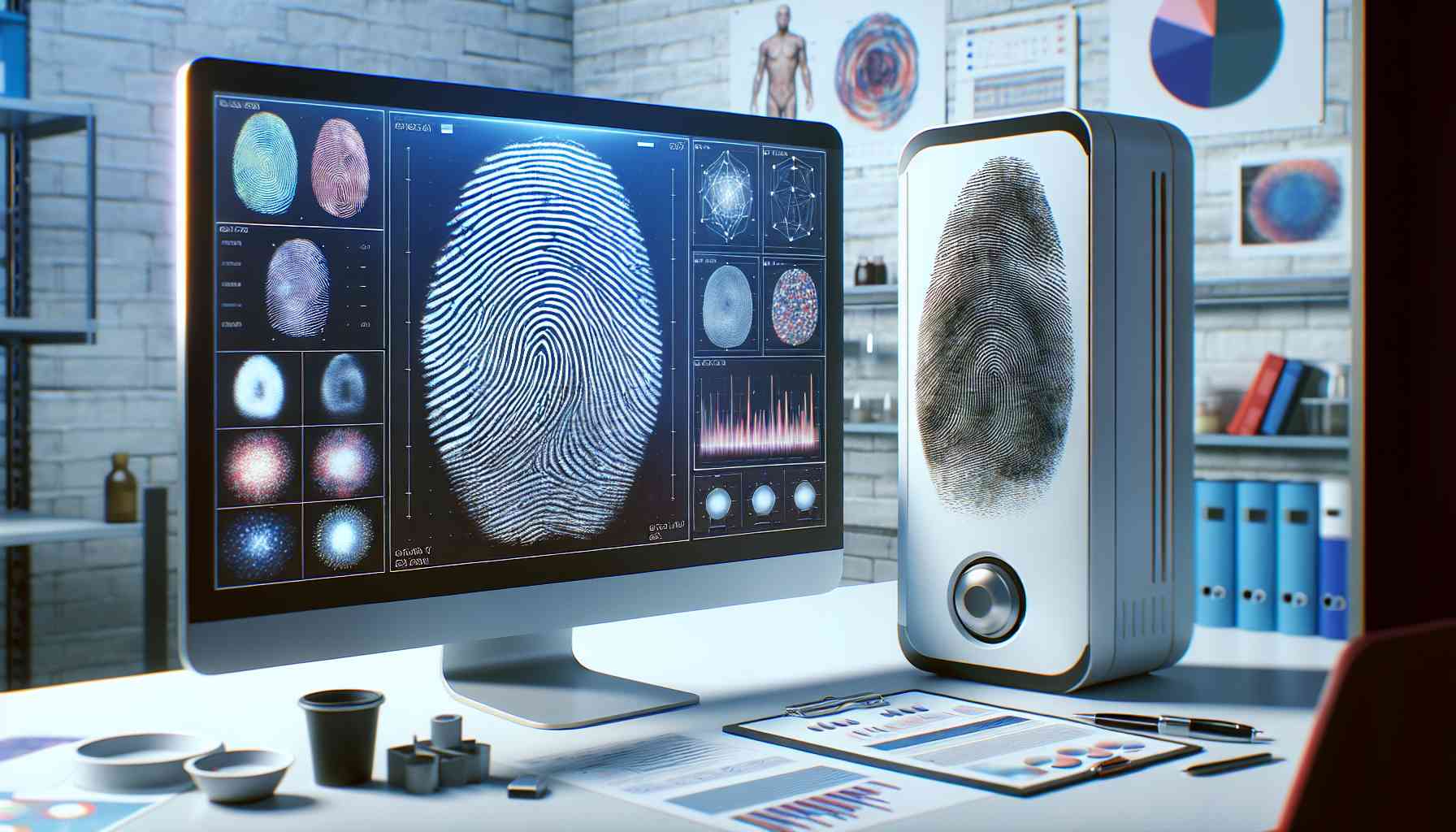A recent study conducted by researchers at Columbia University has challenged the long-standing belief that each fingerprint on an individual’s hand is completely unique. The study’s findings could potentially impact the fields of biometrics and forensic science, raising questions about the reliability of fingerprint analysis.
The researchers developed an AI tool that examined 60,000 fingerprints, aiming to identify whether prints from different fingers could be matched to one person. Surprisingly, the AI tool demonstrated an accuracy rate of 75-90% in connecting fingerprints from the same individual. This unconventional approach analyzed the orientation of ridges in the center of a finger, departing from the traditional minutiae-based method.
Professor Hod Lipson, who supervised the study, expressed astonishment at the capabilities of the AI tool, echoing the surprise of the research team. Thorough verification was conducted to confirm the results, emphasizing the unexpected nature of the findings.
The potential impact of this study on identification and forensic investigations is significant. It offers the possibility of linking unidentified fingerprints from different crime scenes to a single individual, which could have far-reaching implications for criminal investigations and the use of fingerprints in unlocking devices.
While the AI tool shows promise in generating leads for forensic investigations, further research and data are necessary to refine the technology. The researchers acknowledged that the tool is not currently suitable for determining evidence in court cases. They emphasized the importance of using complete and high-quality fingerprints to train the AI model.
Forensic experts have expressed differing opinions on the study’s potential impact. Some highlight the lack of conclusive evidence regarding the uniqueness of fingerprints, while others raise concerns about the AI tool’s markers and their consistency over time and varying skin conditions.
The study, set to be published in Science Advances, has undergone peer review. However, experts believe that its immediate impact on criminal casework may be limited. Continued investigation and validation of the AI tool’s methodology are necessary to fully understand its implications.
The study also highlights real-world anecdotes that challenge the uniqueness of fingerprints, such as twins in Cheshire, England, who can unlock each other’s iPhones using their own fingerprints. As advancements in AI-driven tools continue, further research will be essential to fully comprehend the implications of this study.
The source of the article is from the blog xn--campiahoy-p6a.es

